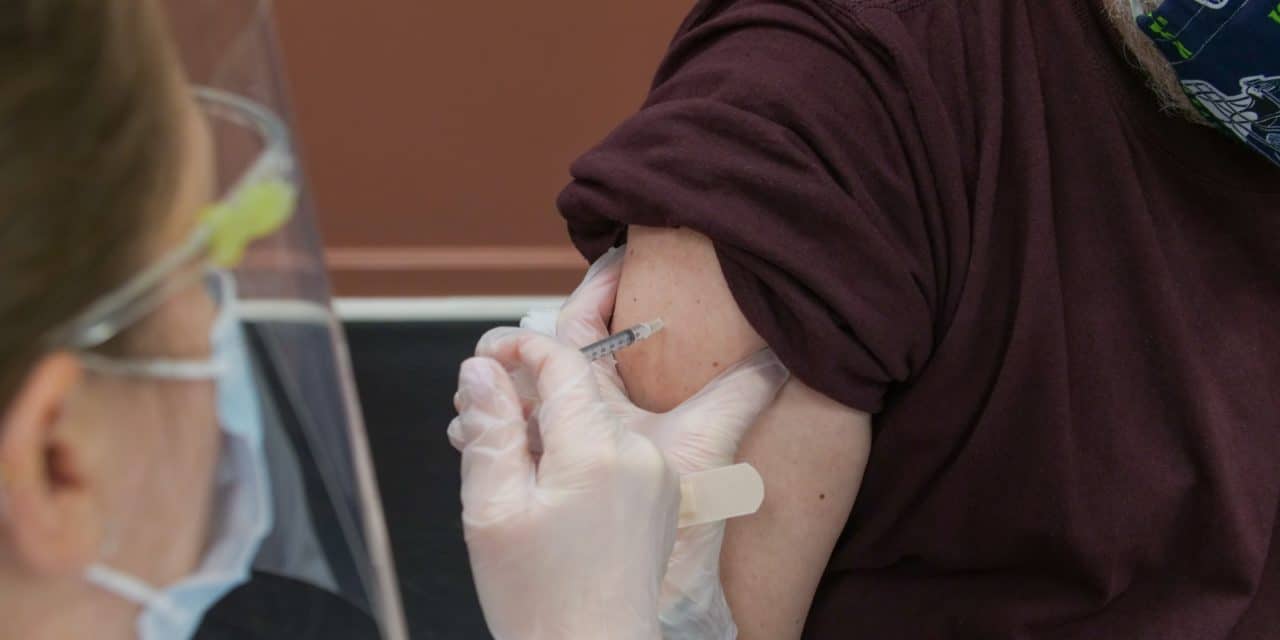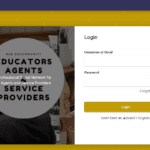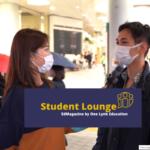
Students’ view on vaccine passports

The latest survey from QS finds out about the opinion of prospective international students on using vaccine passports and requirements of universities on vaccination.
The report reflects on the data collected from 1 January to 4 May 2021 from 11,574 prospective and current international students from 183 countries who participated in the survey.
The intention behind the introduction of the vaccine passports is to allow those who are protected against the coronavirus to return to normal life, given the minimal risk they pose to themselves and others.
The majority of prospective international students are willing to use a vaccine passport with 74% of respondents considering getting a vaccine passport after they receive the vaccine if it is required by the university. Seeing the above figure the higher education institutions need to consider whether to use this information to speed up the return to in-person teaching.
The participants were also asked if they would accept the vaccine if it was offered to them. The answers revealed that 68% said yes, 23% were unsure and only 9% said that they would not get a vaccine. Of those students who said they would not get the vaccine, 41% of respondents stated that they would get a vaccine in case their university required them to have one to travel overseas.
The report reveals the perception of the students on the countries that have best handled the vaccine rollout. The students consider that the US (17% of students), United Kingdom (11%) and New Zealand (10%) have worked the vaccine programme most effectively. This might be an indicator of how the students will choose their destination of study.
Amongst the other questions, the survey asked about the mental health and wellbeing of the students that have been affected by the pandemic due to struggles with health, finance and future. Only 13% of the surveyed students are not worried at all about contracting the virus. The majority (87%) replied that they are worried in various levels from extremely to slightly worried about getting ill with Covid-19.
The worries about their health and of their loved ones cause difficulty in concentrating, disruptions to sleeping patterns, decreased social interactions due to physical distancing and increased concerns on academic performance.
The report on vaccine rollouts suggests that the information is to be considered by higher education institutions to help them make decisions on restarting the in-person teaching, return of international students in a safe way to protect students and the staff but at the same time considering not to discriminate students who originate in the countries where the vaccine rollout has not reached the young prospective or current students yet.























